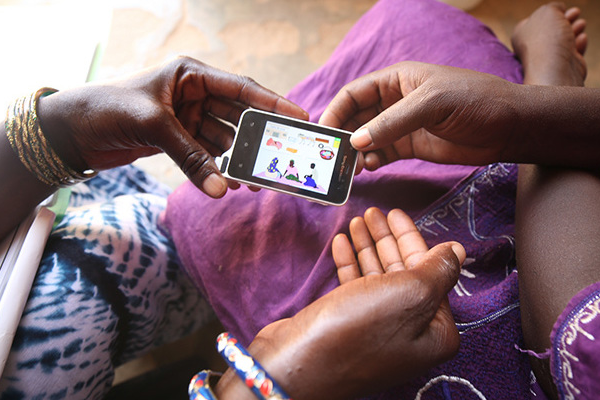 How can ICT4D improve healthcare in developing countries?
How can ICT4D improve healthcare in developing countries?
There are many ways in which ICT4D (Information and Communication Technologies for Development) can improve healthcare in developing countries. Some examples include:
- Telemedicine: ICTs can be used to connect healthcare providers in remote or underserved areas with specialists in urban centers, allowing for the delivery of high-quality medical care to people who might otherwise not have access to it.
- Health information systems: ICTs can be used to create and maintain electronic health records, which can improve the accuracy and efficiency of healthcare delivery and reduce the risk of medical errors.
- Disease surveillance and outbreak response: ICTs can be used to track and monitor the spread of diseases, allowing for more effective and timely responses to outbreaks.
- Public health campaigns: ICTs can be used to deliver health education and information to large populations through social media, mobile apps, and other digital platforms, helping to raise awareness about health issues and promote healthy behaviors.
- Supply chain management: ICTs can be used to improve the management of medical supplies, ensuring that they are delivered to the right place at the right time, and helping to prevent shortages and wastage.
Overall, the use of ICTs in healthcare can help to improve access to care, quality of care, and the efficiency of healthcare delivery in developing countries, ultimately leading to better health outcomes for the populations served.
Read More About ICT4D in Healthcare Below
5 mHealth Innovations Using Mobile Phones and Wearable Technology in LMICs
When we interviewed Nobel Peace Prize winner, Muhammad Yunus, at the 2013 mHealth Summit, he said that mobile phones are the “Aladdin’s lamp for healthcare”,...
Could OER Improve Community Health Worker Training?
Billions of dollars are being invested in finding solutions to Africa’s most pressing health needs. In particular there is a focus on the role of frontline health...
Please RSVP Now: Will P2P Financing Succeed Where Microfinance Has Failed?
Lusaka Salon – June 11th – RSVP Now
Micro-sized loans, often with macro-sized interest rates, were the craze back in the go-go ’90s, and fueled...
How You Can Reach 300,000 Tanzanians with Proven Family Planning Information
Would you want to improve family planning knowledge and effect behavior change with 300,000+ people in Tanzania, using a proven technology approach that was developed...
The Technology Helping Cambodia’s Disconnected and Hardest to Reach
In a nation of about 15 million people, Cambodia has over 19 million mobile phone subscribers. In addition, there are only about 3.8 million Internet users. A 2014...
Learning is a Two-Way Street with Hack at Home by Innovate Salone
When Global Minimum Inc. launched it’s first Innovation Lab in March 2014 as part of the Innovate Salone program in Freetown, Sierra Leone, the Ebola virus had...
Lessons Learned From Working Firsthand in Malawi’s ICT Sector
My name is Herman Fung and I’m a former VSO volunteer in Malawi. In March 2014, I completed an 18-month voluntary placement where I worked with the Ministry...
7 Key Insights in Using ICT to Improve Ebola Response
Yesterday, we had the 85th Technology Salon in Washington, DC, this one focused on How Can ICTs Improve Our Ebola Response? Be sure to sign up to get invited to...
Win $10,000 in USAID Mobiles for Development in Asia Award
Do you have a mobile service, product, app, or add-on that is being used to address a development challenge in Asia? Do you want the opportunity to promote your...
Top 4 Ways ICTs Can Help Defeat the Ebola Crisis
The Ebola outbreak in West Africa is increasingly becoming an international crisis. Recently the World Health Organization counted 5,843 cases of Ebola patients...











